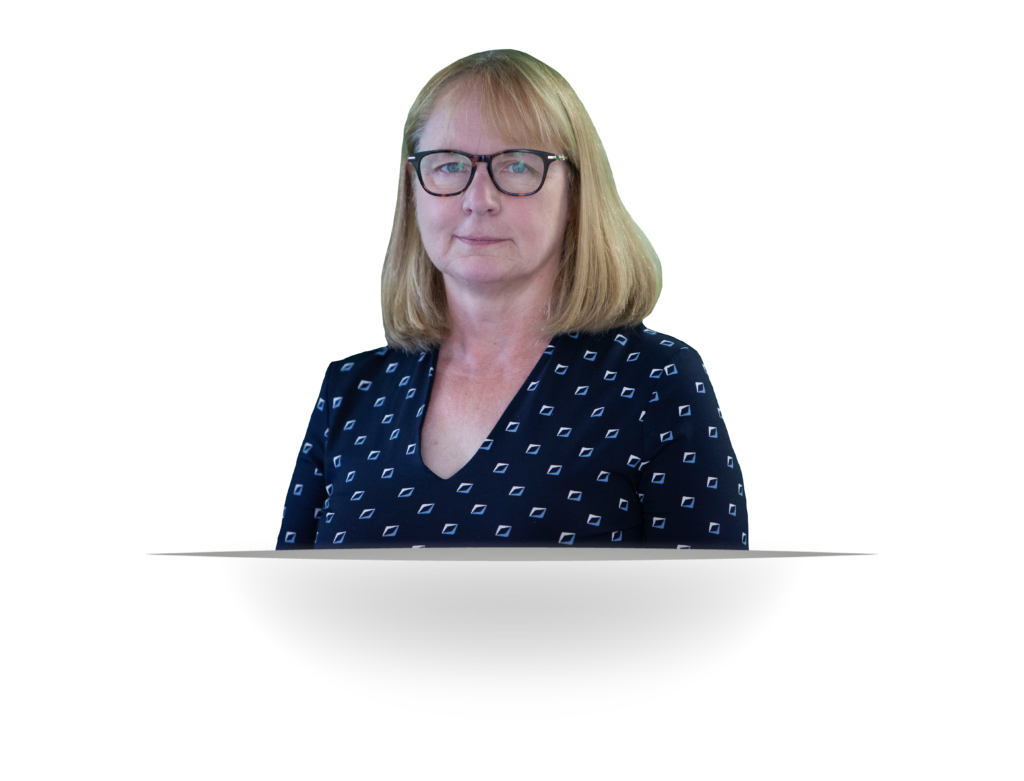
By Michelle Galpin at BWCI
michelle.galpin@bwcigroup.com
“offsetting” remains the most commonly adopted remedy”
The value of pension benefits may be substantial, which is why they are taken into account when determining how the marital assets are to be carved up on divorce.
The second edition of “A Guide to the Treatment of Pensions on Divorce” has recently been published by the Pensions Advisory Group¹. Although focusing on the issues around pensions and divorce in the context of the legislation in England and Wales, it is also likely to be of interest to those advising on divorce in other jurisdictions.
There are several approaches to dealing with pensions on divorce, but the guide states that “offsetting” remains the most commonly adopted remedy for dealing with pensions in England and Wales.
How does offsetting work?
Each party retains their own pension rights, and the Court determines how the other “non-pension” assets are then to be split to arrive at the overall split of total assets. On the face of it, this seems relatively straight forward, unless those other assets are insufficient of course!
Sometimes the divorcing parties’ pension arrangements may be quite straight forward, for example, if each party only has a defined contribution pension scheme or personal pension arrangement. For these cases comparing the size of each divorcing party’s pension “pot” would generally be all that is required.
However, for defined benefit type schemes, how to determine the fair value of a pension entitlement is not always simple.
Valuing Defined Benefit pensions
The legislation in the UK points towards using a cash equivalent transfer value, often shortened to “CETV”, to value a defined benefit pension. However, as CETVs depend on the underlying assumptions adopted by a particular scheme to calculate them, comparing two CETVs from different schemes may not be appropriate.
CETVs are also affected by changes in long-term interest rates, so the timing of any valuation can be an issue. For example, in a typical pension scheme, a CETV may well have reduced by around 50% over the last couple of years or so, due to the rapid increase in the yields on UK Government bonds.
Alternative approach
Instead of equalising the capital value of the pension entitlements between the parties, an alternative approach is to consider the income streams generated by the pensions. However, if the ages of the divorcing parties are not the same, or their pension benefits have different normal retirement dates this can complicate matters.
Level of complexity
If at least one party has a defined benefit pension, then comparing the values of the pension benefits becomes trickier. In addition, one £10,000pa pension from Scheme A might have a very different value from a different £10,000pa pension from Scheme B. Factors that would affect the value would include:
- the level of any guaranteed pension increases
- normal retirement age/early retirement terms
- any defendants’ benefits provided
Utility Value
There is also the concept of “utility” to consider. This is the idea that £500,000 in cash now is perceived to be much more flexible and useful to an individual on divorce than a pension pot of £500,000 that cannot be accessed until the individual reaches the minimum retirement age. Therefore, the cash has a greater “immediately useful” value than the pension. Valuing this “bird in the hand” utility adjustment is subjective and would generally be for the Court to consider.
Getting started
Obtaining accurate, complete and up to date pension data is key. Each party may have pension benefits from several sources, as well as their State pension entitlements, so validating the data against past employment history is helpful to check that nothing has been forgotten.
A key question for lawyers advising the divorcing parties is whether to seek advice from a pensions on divorce expert or “PODE”, and if so, at what stage in the process.
The guide comments “The financial cost of making an uneducated guess about the pensions with a view to avoiding the relatively modest cost of a PODE report and so getting it wrong can be immense for either party.”
As a rule of thumb, if either party has a defined benefit pension, then specialist advice may be required.
¹ “PAG” a multi-disciplinary group of individuals specialising in the field of financial remedies and pensions on divorce in the England and Wales

